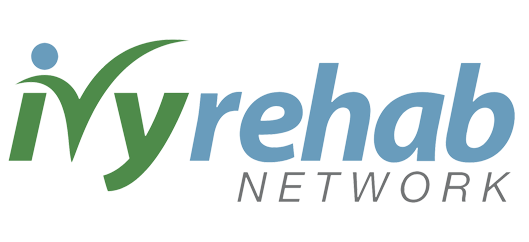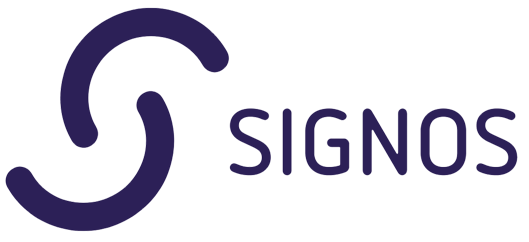Authors: Winston Wang, MD – Lori Roust, MD – Holly Geyer, MD
Top Things to Know About Diabetes
- Types of Diabetes: Diabetes is a chronic condition affecting blood sugar regulation, with two main types: Type 1, where the immune system destroys insulin-producing cells, and Type 2, characterized by insulin resistance. Type 2 is more common and often linked to lifestyle factors.
- Risk Factors: Risk factors for diabetes include age, obesity, lack of physical activity, and certain genetic and demographic factors. Type 2 is more prevalent in individuals with hypertension, obesity, dyslipidemia, or a family history, as well as specific ethnic groups.
- Symptoms: Diabetes symptoms can include increased thirst, frequent urination, fatigue, blurred vision, and unexplained weight loss. Type 1 symptoms often appear suddenly, while Type 2 symptoms develop gradually.
- Diagnosis: Diabetes diagnosis uses several criteria: Fasting Plasma Glucose levels, Oral Glucose Tolerance Test results, Hemoglobin A1c percentages, or Random Plasma Glucose levels with classic symptoms.
- Development and Prevention: Type 2 diabetes can often be prevented through healthy lifestyle choices such as a balanced diet, regular exercise, maintaining a healthy weight, and reducing sugar intake. Type 1 diabetes is currently not preventable.
- Management Team: Managing diabetes involves a team including primary care providers, endocrinologists, educators, dietitians, exercise specialists, and other healthcare professionals who address both lifestyle modifications and medical treatments.
- Complications: Diabetes can lead to acute complications like ketoacidosis and chronic issues affecting eyes, kidneys, nerves, and cardiovascular health. Management of blood sugar, blood pressure, and cholesterol is crucial to prevent these complications.
- Lifestyle Management: A balanced diet low in saturated fats and high in fiber, combined with physical activity like aerobic and resistance exercises, can effectively manage diabetes, especially Type 2.
- Role of Medications: Medications, including insulin for Type 1 diabetes and metformin for Type 2, are vital. Newer drugs like SGLT-2 inhibitors and GLP-1 receptor agonists are considered for their benefits in reducing complications.
© 1998-2024 Mayo Foundation for Medical Education and Research (MFMER). All rights reserved

Sign up for Updates
To stay up to date please provide your email address.
-
By giving us your email you are opting-in to receive news and promotions
Sign up for Updates
To stay up to date please provide your email address.
-
By giving us your email you are opting-in to receive news and promotions







